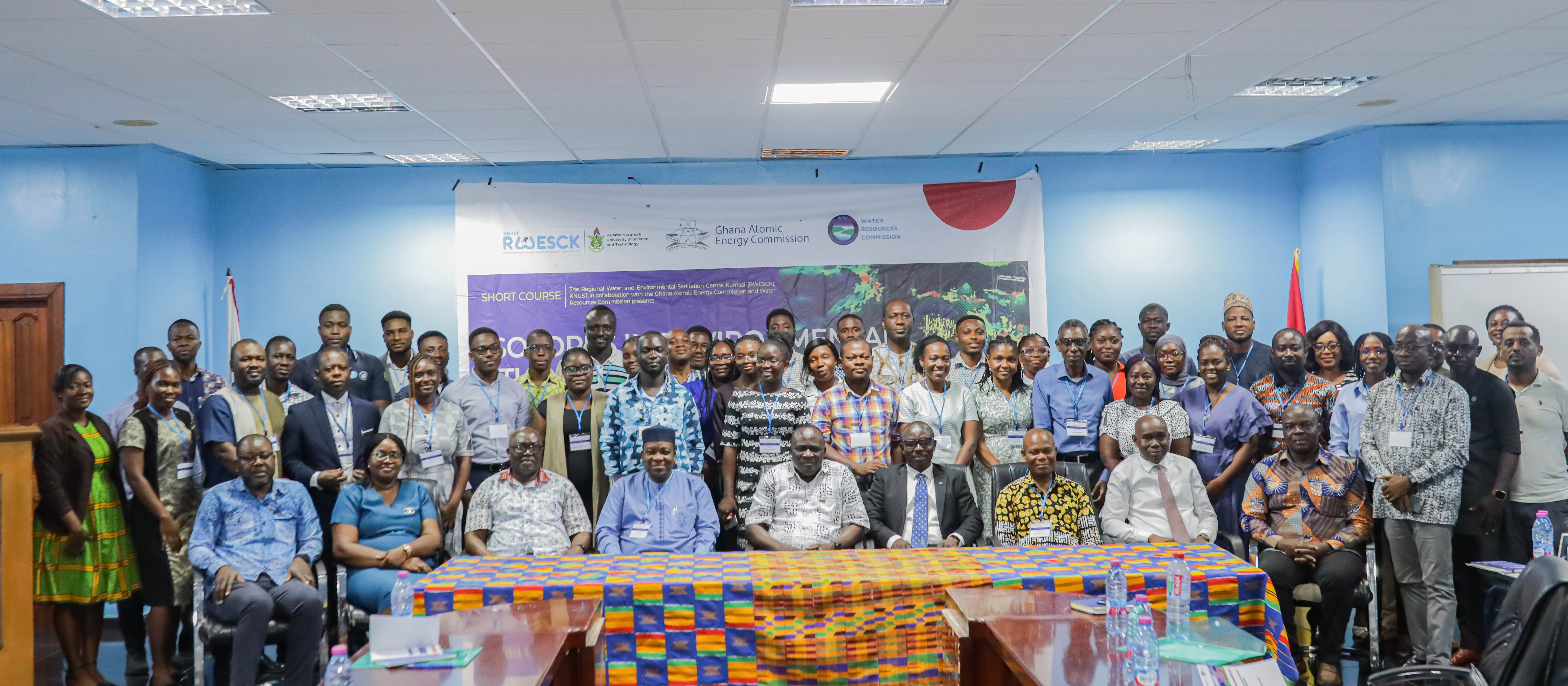Across Ghana’s landscapes, from forested headwaters to vital aquifers, environmental threats are accelerating. Climate change, pollution, and unsustainable land use are reshaping ecosystems and putting water resources at risk.
Yet beneath these challenges lies a scientific approach offering new hope: ISOTOPE SCIENCE. Isotope science, particularly stable isotope and tritium analysis, allows researchers to trace invisible processes that shape our environment.
From identifying pollution sources to calculating groundwater recharge, these tools are revolutionising how we manage and protect our natural resources.
What are Isotopes, and why do they matter?
Isotopes are naturally occurring variants of chemical elements. Isotopes of elements are like siblings of those elements. The isotope of an element has the same number of protons and electrons but a different number of neutrons than the primary form of the element.
This difference in neutrons doesn’t affect their chemical properties at all. Rather, this difference allows scientists to track and measure how the isotopes move through the environment. Environmental scientists and biologists measure ratios of stable isotopes of common elements and study these ratios of isotopes to measure biological samples and study how they cycle through the environment.

